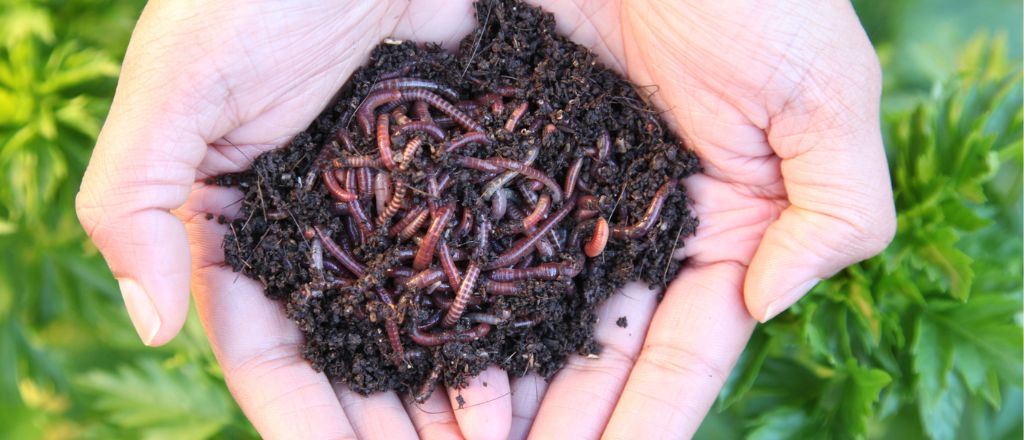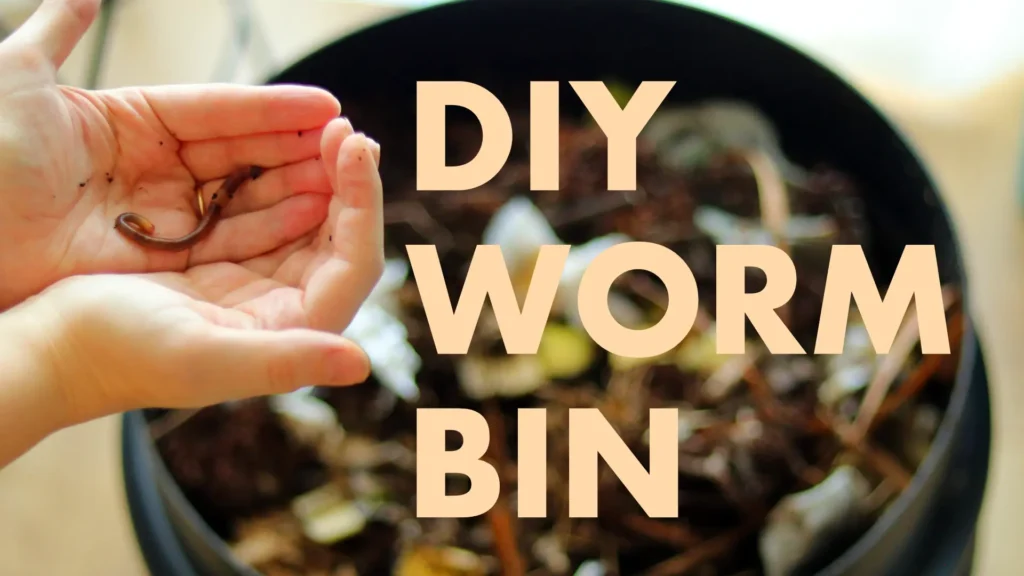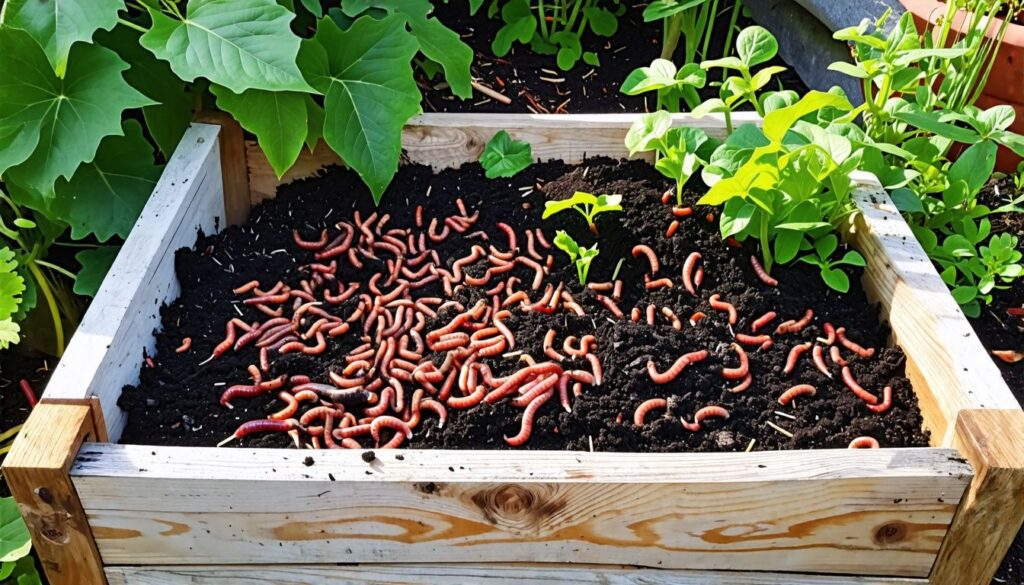Can Vermicompost Burn Plants? Safe Ways to Use Vermicompost or Worm Castings!
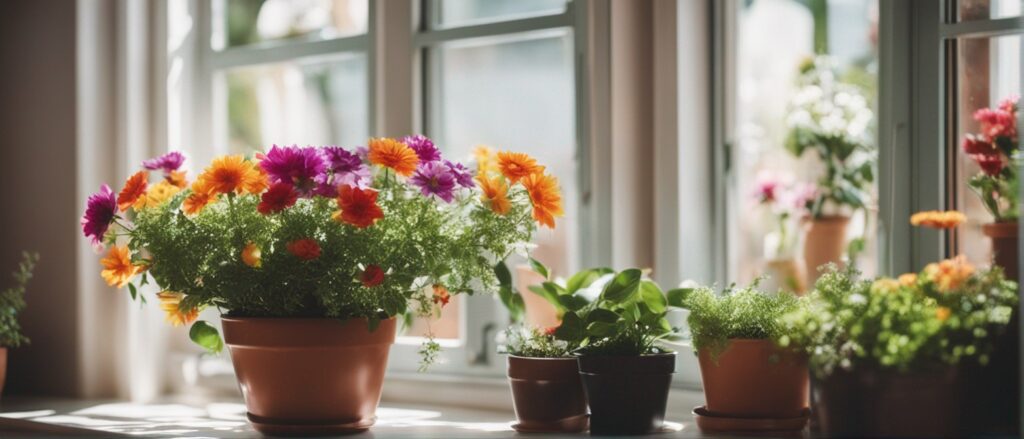
Are you worried about your gardening efforts going to waste because of using vermicompost?
Rest easy, our in-depth analysis has found that while vermicompost is rich in nutrients and excellent for plant health, it won’t harm your plants if used appropriately. Get ready to cultivate with confidence as we unveil the truth behind using vermicompost for potted plants!
Table of Contents
What is Fertilizer Burn?
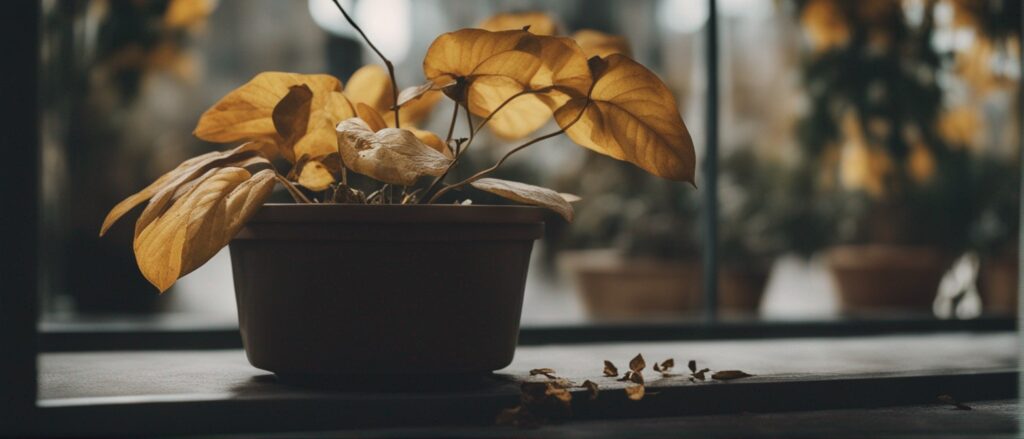
‘Fertilizer burn’ is a term gardeners use to describe damage from over-fertilization. Fertilizer burn refers to the damage that can be caused to plants by over-fertilizing or applying fertilizer improperly. It’s a result of salts present in the fertilizer drawing moisture out of the plant’s roots, thus injuring or even killing the plant.
Is it Possible to Use Too Much Vermicompost? And Will it Burn my Plants?
On its own, vermicompost cannot cause “fertilizer burn“. However we would recommend mixing your vermicompost with other ingredients like organic compost and drainage amendments (like perlite) to get the best out of it! Mixing vermicompost with other ingredients can enhance its effectiveness as a soil amendment.
Here are a few reasons why we would recommend this approach:
- Nutrient balance: Vermicompost is rich in organic matter and nutrients essential for plant growth. However, it may not have a perfectly balanced nutrient profile for all plants. By mixing vermicompost with organic compost, you can create a more well-rounded soil amendment that provides a wider range of nutrients.
- Improved drainage: Vermicompost has excellent water-holding capacity but may become compacted, leading to poor drainage. Adding drainage amendments like perlite can help create air pockets in the soil, improving aeration and preventing waterlogging.
- Enhanced structure: Mixing vermicompost with other organic materials can improve soil structure. Vermicompost tends to have a fine texture, and blending it with coarser materials like compost can help create a more porous soil mix, promoting root growth and better nutrient uptake.
- Increased microbial activity: Vermicompost contains beneficial microbes that contribute to soil health. Adding organic compost further enriches the soil with diverse microorganisms, fostering a robust soil ecosystem that aids nutrient cycling and supports plant growth.
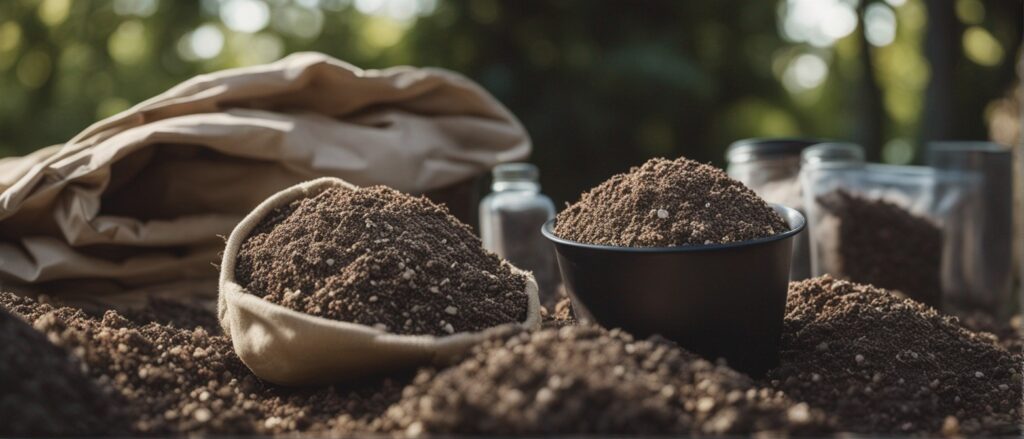
Vermicompost on its own is not ideal for many types of plants, especially plants that like a well draining soil. When you wet vermicompost it quickly becomes quite muddy and restricts the ability for roots to “breathe”. When using vermicompost as a soil amendment, aim for a balanced mix that incorporates around 25-50% vermicompost, along with organic compost and drainage amendments as needed. Adjusting the ratios based on your specific plant requirements and soil conditions can help you achieve the best results.
With an aim towards promoting healthier plant growth indoors or outdoors, using vermicompost not only adds value to your gardening routine but also contributes to environmentally friendly organic farming practices.
Can I Use Worm Castings Instead of Compost?
You can! Vermicompost or worm castings are a great source of nutrients for your plants, and there is a reason they are called “Black Gold”. Just make sure, like we mentioned above, to amend the castings accordingly. It is still preferable to mix in some plain organic compost.
How much Worm Castings should I add to Organic Compost for a Good Quality Potting Soil?
We would recommend anywhere from 25% to 50% vermicompost or worm castings to plain compost. A good starter “soil recipe” would be:
- 40% Vermicompost
- 55% Plain organic compost
- 5% Perlite
This will work fantastically with vegetables!
Monitoring Plant Reactions
Potted plants can often show the effects much quicker of too much fertiliser, not enough drainage, or many other issues. This is because of the micro-environment that has been created for it.
Signs like wilting or yellowing leaves or even leaf drop can mean we’ve used too much worm castings and the plants are reacting negatively.
Healthy growth, on the other hand, indicates that our use of vermicompost in potted plants is beneficial. By constantly monitoring how our plants react to this organic fertilizer, we ensure their wellbeing and vibrant growth.
Conclusion
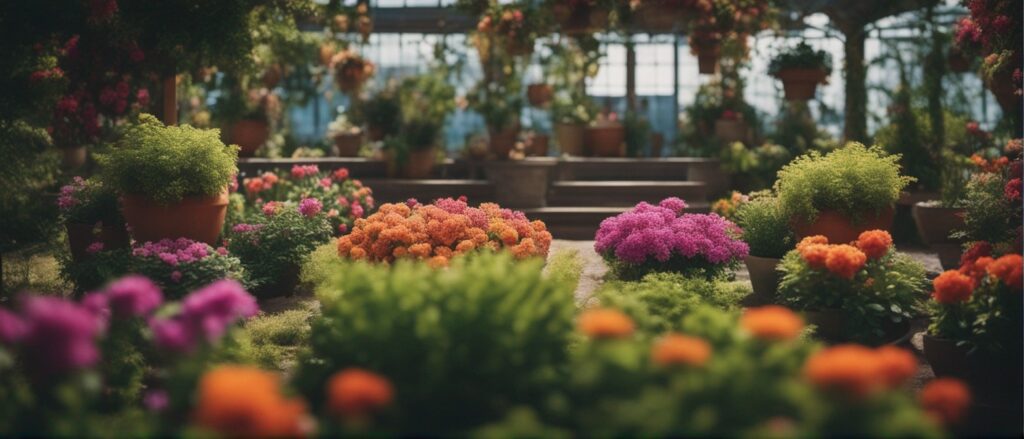
In conclusion, vermicompost can be safely used as a fertilizer or soil amendment for potted plants without causing any harm or burning.
So go ahead and give your plants the nutrient-rich goodness of vermicompost without any worries!
FAQs
1. Can I use vermicompost in potted plants?
Yes! Just make sure to use it alongside other amendments, in particular drainage amendments to allow the soil mix to drain well to keep your plants healthy.
2. Can vermicompost burn plants?
No, vermicompost does not burn plants. It is a nutrient-rich organic fertilizer that helps improve soil quality and promote healthy plant growth.
3. How do I use vermicompost in my garden?
To use vermicompost in your garden, simply spread a thin layer around the base of your plants or mix it into the soil before planting. This will provide essential nutrients for your plants to thrive.
4. Is vermicomposting safe for vegetable gardens?
Yes, vermicomposting is safe for vegetable gardens. It helps enrich the soil with beneficial microorganisms and nutrients, resulting in healthier and more productive vegetables.
5. Can I make my own vermicompost at home?
Yes, you can easily make your own vermicompost at home using a worm bin or vermiculture system. All you need are some composting worms, organic waste like kitchen scraps or yard trimmings, and proper bedding material such as shredded paper or cardboard.


